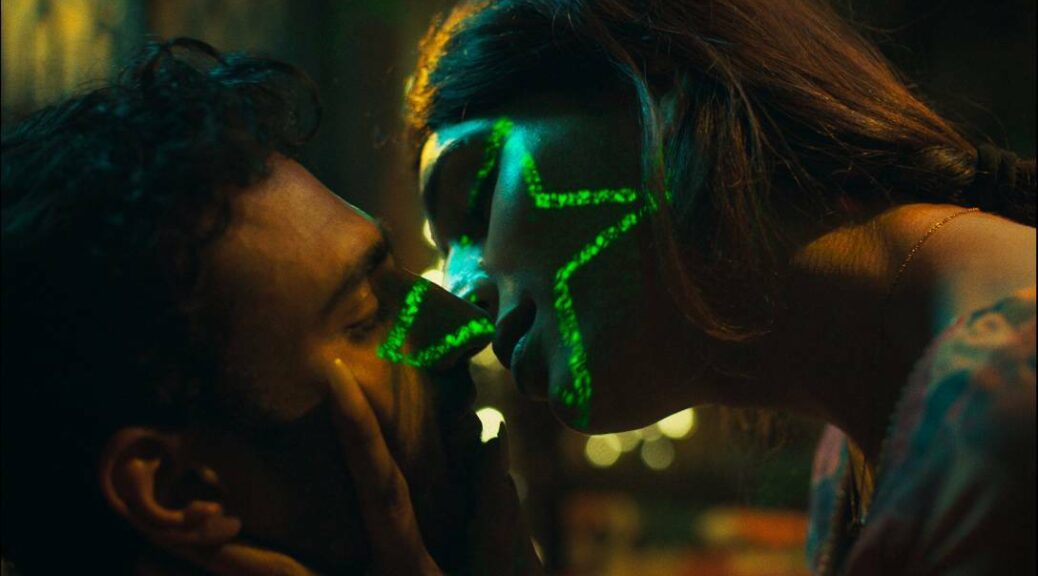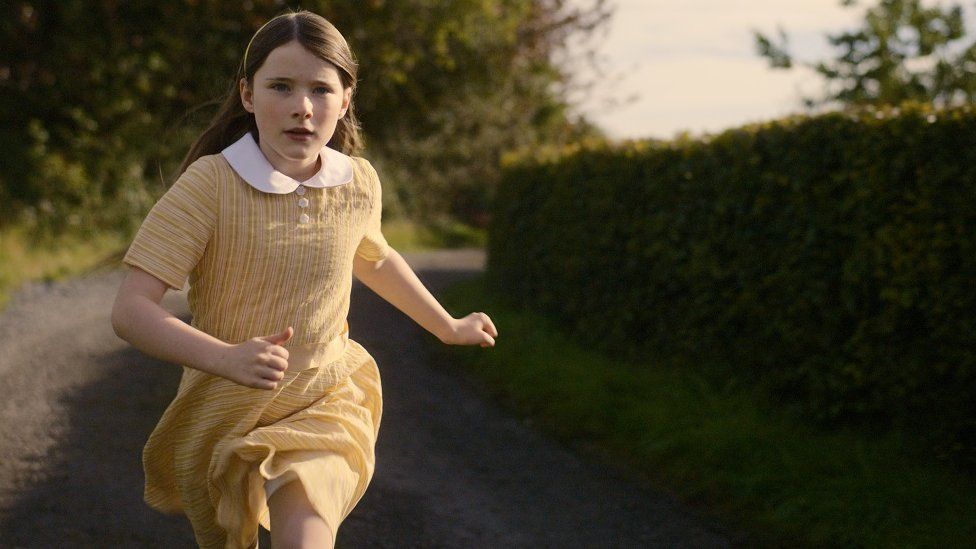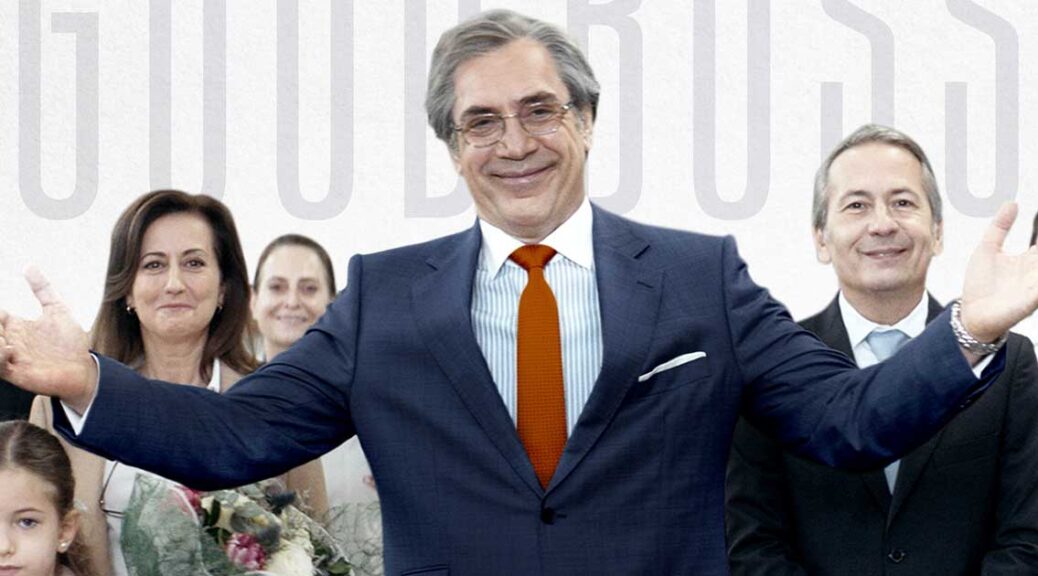Joyland
by George Wolf
The feature debut from director and co-writer Saim Sadiq unveils an assured and often masterful technician, one able to convey a deep affection for the lives of his meaningful characters.
Joyland is a smart and deeply human drama, a treat for both the eye and the heart.
Haider (Ali Junejo) is the youngest son in a traditional Pakistani family. After a long period of unemployment, he finally lands a job. But while this seems like good news, it signals a seismic shift in his multi-generational family dynamic at home, starting with the family’s decision for Haider’s wife Mumtaz (Rasti Farooq) to give up the salon job she loves so she may stay home and assist with keeping house and children.
Haider will be joining the backup dancers in a Bollywood-style show led by the strong-willed Biba (Alina Khan), a trans woman. The pay is good, but Haider will have to tell his conservative father (Salmaan Peerzada) that he’ll be managing the theatre, not dancing in it, and avoid any mention of the star of the show.
But Haider’s biggest secret is his infatuation with the magnetic Biba, and the relationship that is budding between them.
Sadiq’s camera moves slowly and confidently, filling frames that are frequently static with mesmerizing dances of color, shadow, and light. Just what he does with a decorative light fixture’s effect on the room where Haider and Biba grow closer is a thrilling wonder of shot choreography.
Similarly, Sadiq’s script (co-written with Maggie Briggs) often speaks loudly through the silence of things left unsaid. Haider isn’t the only one here keeping secrets, and the film begins to ache with the longing for lives that seem hopelessly out of reach.
And yet somehow, the gripping conclusion arrives without any of the melodrama you might expect. And when it does, Joyland leaves a mark that also signals the arrival of its visionary and insightful filmmaker.











